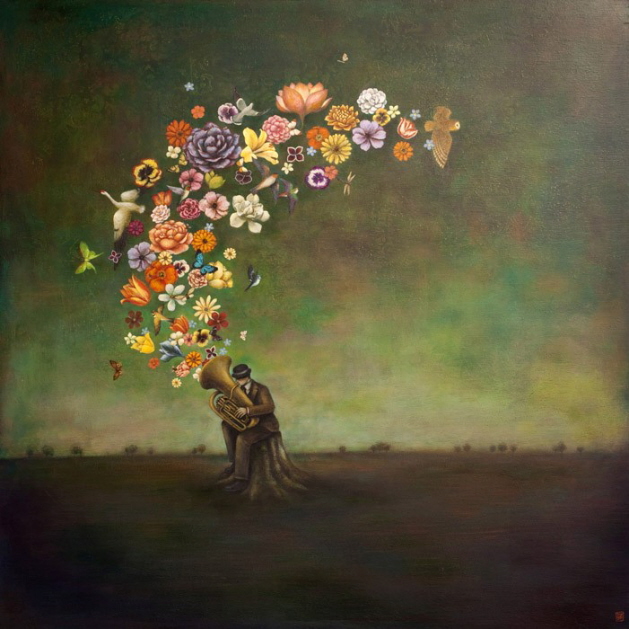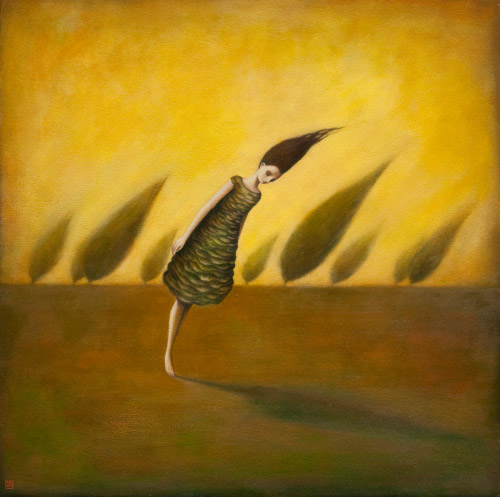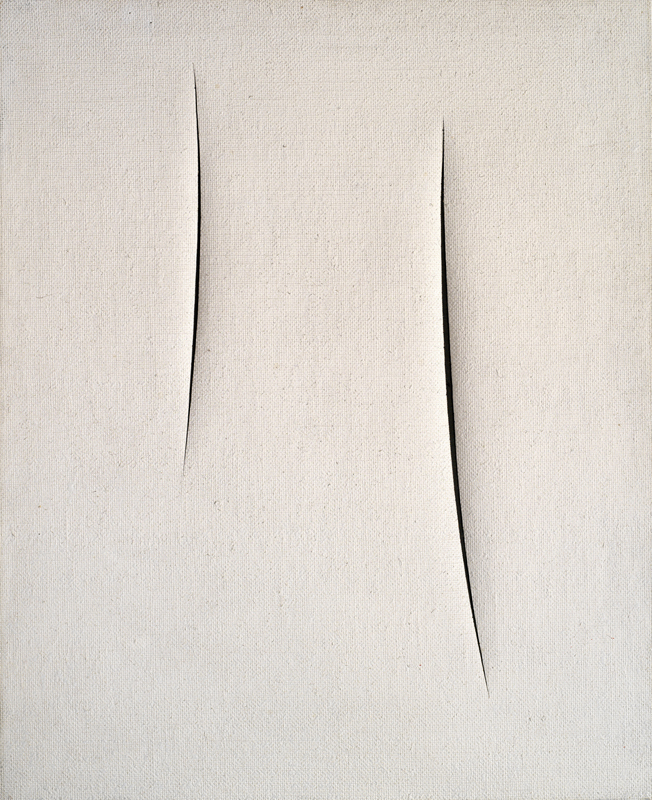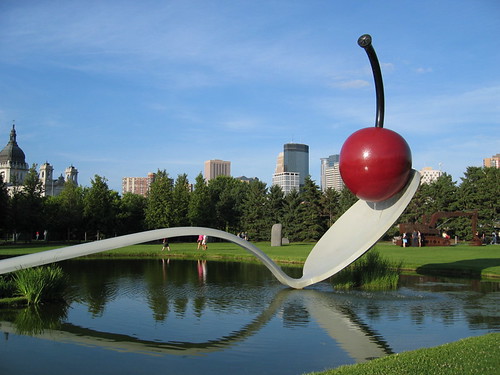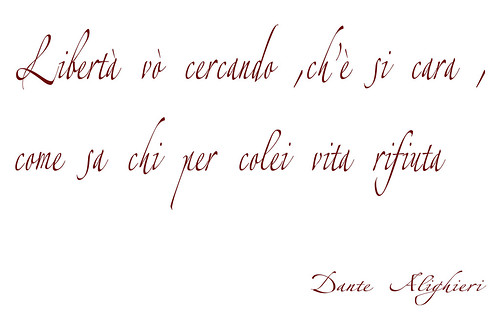Pre-Raphaelite Victorian supermodel-Lizzie Siddal.
(sad life of a "stunner")
Elizabeth Eleanor Siddal (25 July 1829 – 11 February 1862) was an English artists' model and artist who was painted and drawn extensively by artists of the Pre-Raphaelite Brotherhood, includingWalter Deverell, William Holman Hunt, John Everett Millais and most of Dante Gabriel Rossetti's early paintings of women.
 |
| Elizabeth(Lizzie)Siddal |
Elizabeth Eleanor Siddall was born on July 25, 1829. Her parents were lower middle class but with pretensions to the middle class. When Lizzie was old enough, she went to work for a milliner named Mrs. Tozer. It was there that her life changed. Lizzie was striking, tall and thin with luxuriant red hair and pale, pale skin. She was the opposite of what was accepted as the ideal of Victorian beauty at the time but she was just the thing an aspiring painter found attractive. It was 1849 and Lizzie was 20 years old, and wondering if anything was going to happen in her life when she met a poet named William Allingham.Although Allingham wasn’t impressed with Lizzie, he thought she might make a good model for his friend Walter Deverell who was attempting to paint a scene from the play Twelfth Night.
It was through Deverell that Lizzie became acquainted with the other artists associated with the Pre-Raphaelite brotherhood including Millais, and the one who would become the center of her life, Dante Gabriel Rossetti.
Rossetti who was one of the leaders of the movement came from a family of Italian ex-patriots who moved to London. He was actually born Charles Gabriel Dante Rossetti on May 12, 1828, but changed his name to reflect his lifelong obsession with the Italian poet Dante Alighieri dropping the Charles completely. From the moment that Rossetti saw Lizzie sometime in the winter of 1849/1850, he felt that he had found his destiny, his Beatrice.
 |
Veronica Veronese-Dante Gabriel Rossetti
model : Lizzie Siddal. |
Lizzie was unlike any of the other women of Dante’s acquaintance.She also dressed very differently from other Victorian women, preferring to wear loose clothing resembling the dresses worn in medieval times, generally without a corset.
He didn’t introduce her to his family until after his father’s death in 1854. Lizzie, for her part, wouldn’t have dreamed of bringing home an artist to her family knowing that they wouldn’t have approved. Despite these obstacles, they couldn’t help falling in love.
After posing for Deverell, Lizzie posed other painters such as William Holman Hunt.
The painting that brought her a certain amount of fame was Millais’ portrait of her as Ophelia. This required her to spend hours immersed in water in a bathtub. Although Millais came up with an ingenious way to heat the bathtub so that Lizzie wouldn’t be cold, during one session the lamps underneath went out and Lizzie spent several hours floating in cold water. The effect of the painting was stunning but Lizzie ended up with a severe cold. Soon afterwards, Rossetti asked Lizzie to stop posing for other painters and to pose only for him. Although this meant that she had less of an income, Lizzie agreed. She had also begun showing an interest in painting and poetry herself, and Rossetti encouraged her in her endeavors. Lizzie’s poetry contained dark themes about lost love or the impossibility of true love, and her paintings reflect the Pre-Raphaelite preoccupation with the Arthurian legends and other medieval themes.
The relationship between Rossetti and Lizzie would be fraught over the next 9 years as Lizzie waited impatiently for him to make up his mind to marry her. Unfortunately for Lizzie, she had fallen in love with a commitment-phobe. It wasn’t that Dante didn’t want to marry her; he didn’t want to marry anyone. In fact after Lizzie’s death, although he had several passionate relationships, he never remarried. However, Dante’s indecisiveness about their relationship put Lizzie in a tenuous position.
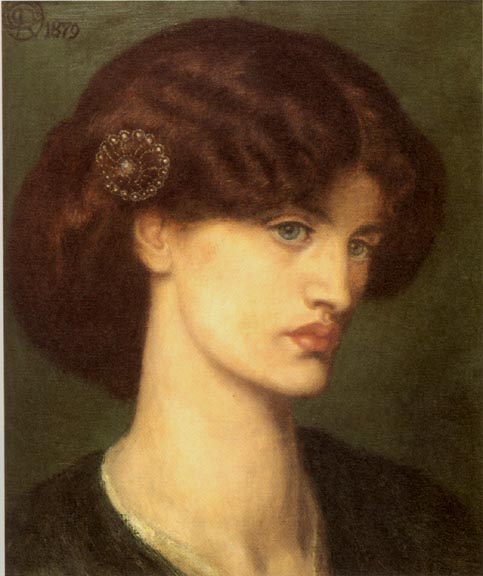 |
| Jane Burden(Morris) |

Lizzie worried as the years went by and Rossetti still hadn’t married her, that he would replace her with a younger, prettier muse. Her fears were not unfounded because Rossetti fell for Jane Burden, who met while working in Oxford along with several other friends including William Morris. Jane was 18, pretty with dark hair and sensuous features. Although Morris laid claim to the stunner first, and eventually married her, Rossetti also fell hard for her. There was also Fanny Conforth, another model, who was voluptuous and full of fun. She eventually went to work for Rossetti as his housekeeper after Lizzie’s death.
Finally in 1860, after ten years together, Rossetti made an honest woman of Lizzie. They were married in the seaside town of Hastings on May 23. Lizzie was so frail that she had to be carried to the church. Soon after their marriage, Lizzie discovered that she was pregnant although she feared for the baby’s life due to her addiction. Her prediction proved correct because the baby was born stillborn in 1861. Both Rossetti and Lizzie were devastated. A few months later, Lizzie became pregnant again for the second time. Still suffering from post-partum depression, she committed suicide by taking an overdose of laudanum in February 1862. Rossetti discovered her in bed unconscious and clutching a note asking him to provide for her youngest brother Henry who was mentally handicapped. Rossetti called four doctors to try and revive her but to no avail.
 |
Dante Gabriel Rossetti,self-portrait 1847
National Portrait Gallery,London
Ang. |
Rossetti burned the note and her death was ruled an accident by the coroner. It wasn’t until years after Rossetti’s death that the truth about Lizzie’s death was revealed when his niece published a biography. In Lizzie’s coffin, Rossetti placed the only copies of many of his poems, sliding the book under her hair.
Years later, he had her grave opened and the poems removed. This was done in the dead of night in order to avoid public curiosity. Charles Augustus Howell, who was with Rossetti at the time, later spread the story that when the coffin was opened; Lizzie’s corpse was perfectly preserved, her hair continuing to grow after her death. The poems were not a success after they were published and it was said this act haunted Rossetti for the rest of his life.

